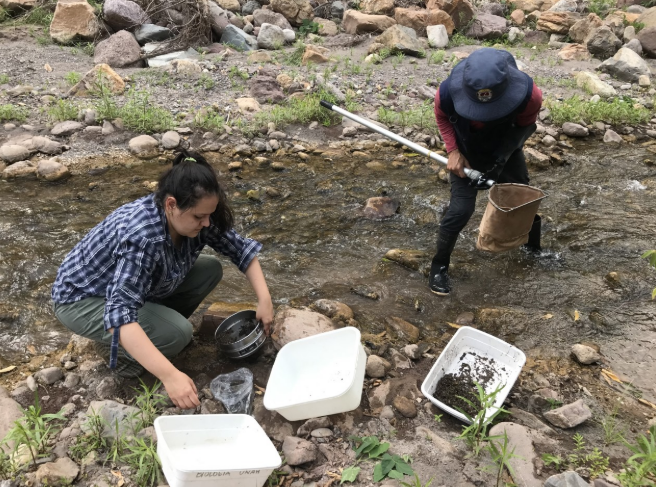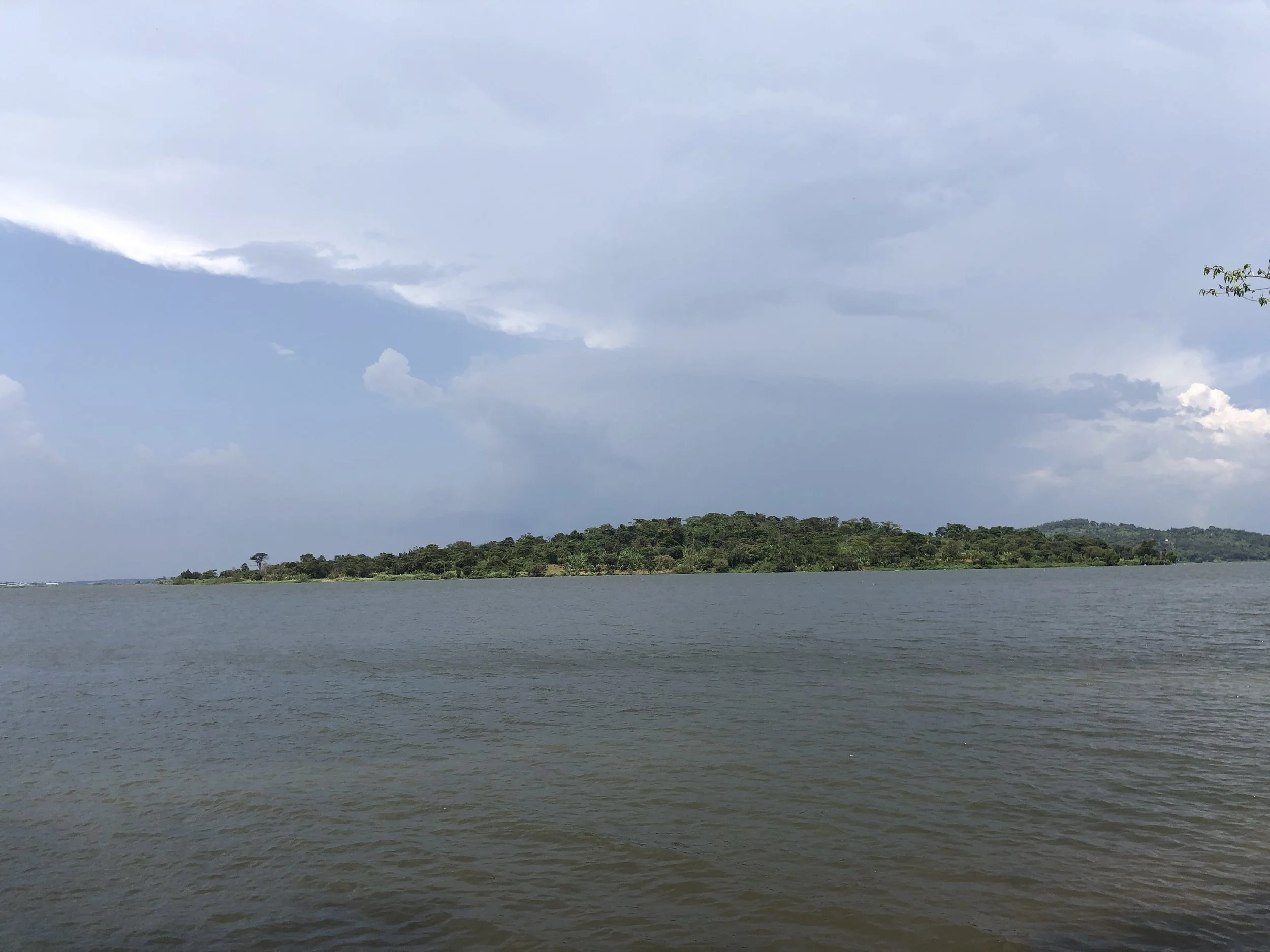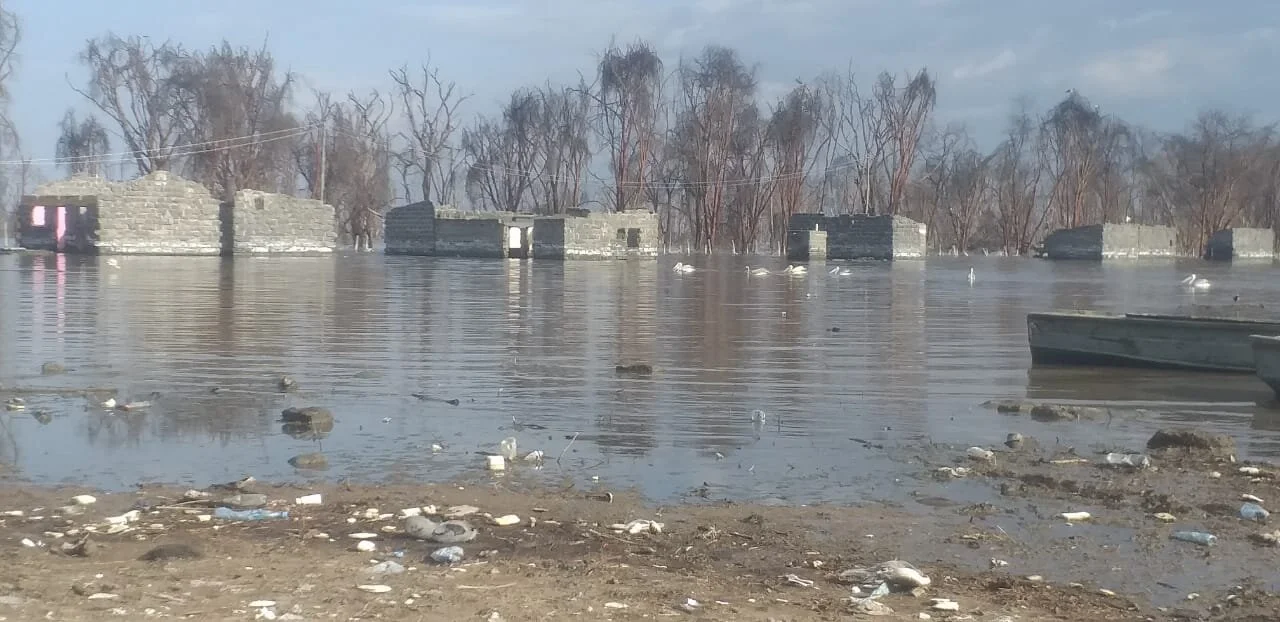Reflect with Leonard about what happened at the GLF Africa Landscape Leadership Camp and about how he felt coming out of the week - motivated, inspired, and ready to #ActLandscapes!
#PhotoChallenge: April 2022
Y4N Afrika ushers us into what April has been for them, while pressing on into their #PhotoChallenge monthly feature. Join them as they celebrate our precious planet, with actions on the streets, impacts and solutions to soil erosion, views from the lake, moments along the coast, and resilience in the deserts.
#PhotoChallenge: September 2021
The truth is, for most of us in the Global South, we feel the drastic effects of the climate and nature crises, and are acting now because we do not have the luxury of time to wait for any other person to do it! The time is now, and we are doing all we can. Be encouraged to keep doing your part as well. And for now, join our Global Ambassadors in their own words and photos, as they bring us closer to their landscapes this month!
July #Y4nSpotlightSeries with Munduru Mwajuma
May Spotlight with Sarah | #Y4NSpotlightSeries
Young, Leading and Inspiring
On the shores of Lake Victoria, Michelle and her younger brother Jeremy set out to co-found Bring Back the L.Victoria. With a vision to restore the lake to it’s pristine condition, Bring Back L.Victoria started as a campaign to rid the lake ecosystem of plastic waste and to create a thriving haven for biodiversity and communities once again. On our April edition of the #Y4NSpotlightSeries, we hosted a
LESSONS FROM THE WEBINAR ON POLLINATORS FOR OUR SURVIVAL IN AFRICA
The Double-Edged Nature of Land: A Practical Analysis of the IPCC's Special Report on Climate Change and Land
“[…] the IPCC’s SRCCL shines light on interlinked global challenges like climate adaptation and mitigation, desertification, land degradation and food security, whilst suggesting land-related actions/NBS that can mutually benefit all these areas. Whilst much of the current discussion misguidedly focuses on singular individual lifestyle changes, just like with the Special Report on 1.5C, we urgently need large-scale and context-dependent action that is participatory, inclusive, multi-sectoral, and actively considers ecological, social, economic, cultural and institutional factors.”













